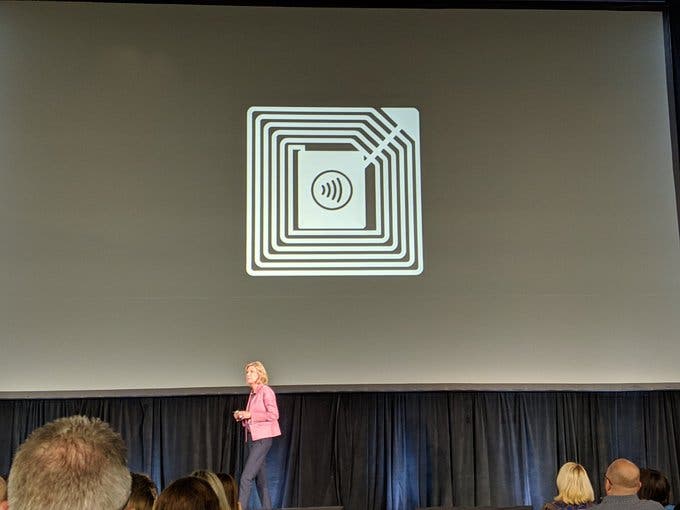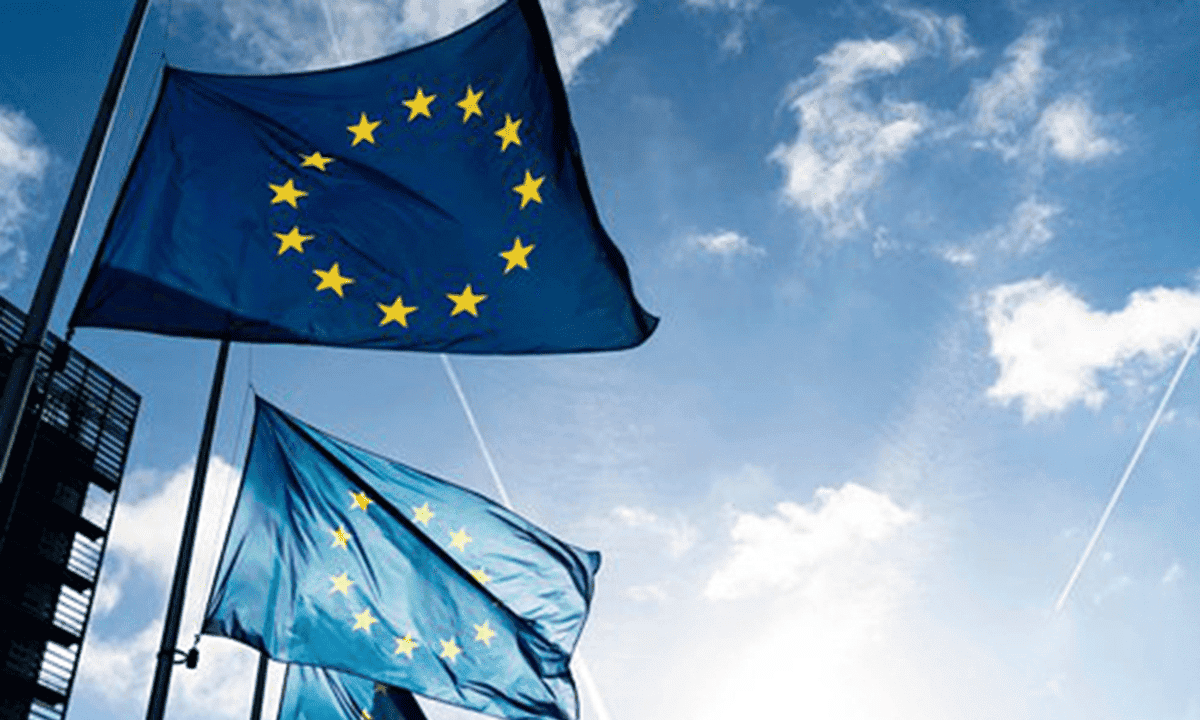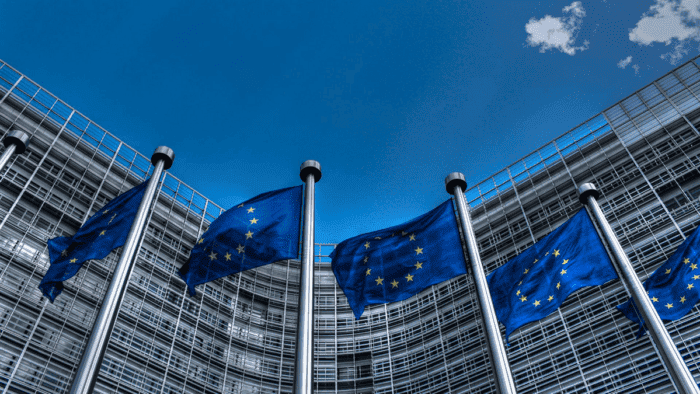The European Commission has announced that Apple will grant NFC access to third-party developers in Europe. This follows an investigation into the company’s antitrust practices. This decision aims to address concerns that Apple’s exclusive control over its operating system, iOS, has restricted competition in the market for mobile wallets on iOS devices. Today, the European Commission announced that Apple has proposed a 10-year commitment. The 10-year agreement says that third-party mobile wallet app developers in the European Economic Area will have access to NFC functions.

The European Commission said it is currently soliciting feedback from competitors and customers. The commission is giving people one month to submit their feedback. If competitors and customers conclude that the proposal “addresses the EU’s concerns,” then the measure will become legally binding. This also means that Apple must fulfil the commitments made this time. If it does not, it will face fines of up to 10% of its global revenue.
In a statement, Apple told the Wall Street Journal
“Through our ongoing discussions with the European Commission, we have offered commitments to provide third-party developers in the European Economic Area with an option that will enable their users to make NFC contactless payments from within their iOS apps, separate from Apple Pay and Apple Wallet,”
Background
Two years ago, the European Commission found that Apple Pay is the only option available to iPhone users. It concluded that this may restrict competition in the market for mobile wallets on iOS devices. Apple has agreed to grant NFC access to third-party developers in Europe after an investigation by the European Commission into antitrust concerns. The Commission found that Apple’s exclusive access to the iPhone’s NFC payment features through Apple Pay and Apple Wallet was anti-competitive and restricted competition in the market for mobile wallets on iOS devices. As a result, Apple has offered commitments to provide third-party developers in the European Economic Area with a separate option that will enable their users to make payments through NFC.
This will allow third-party mobile wallet and payment providers to access the iPhone’s NFC capabilities and offer their tap-to-pay services to users. The proposed commitments will apply to all third-party mobile wallet app developers established in the European Economic Area and all iOS users in the region. The move is the latest development in the nearly four-year-old investigation. It comes after Apple restricted third-party developers from accessing the necessary hardware and software on its devices to the benefit of its solution, Apple Pay. The decision by Apple to open up its onboard iPhone NFC technology to third-party mobile payment providers is expected to increase competition in the market. It should also provide new features for users like defaulting to preferred payment apps.

Impact on Third-Party Developers
Under the proposed commitments, Apple will allow developers in the European Economic Area to access iPhone NFC payment features that were previously restricted. This will enable third-party mobile wallets and payment providers to access the iPhone’s NFC capabilities. It will also end Apple Pay and Apple Wallet’s exclusive access to the iPhone’s NFC payment features.
Apple’s decision to allow third-party developers access to its NFC technology is poised to have a significant impact on the mobile payments industry. This is particularly true for developers and users within the European Economic Area (EEA). This move represents a departure from Apple’s previous stance, which asserted that third-party involvement could compromise security. The European Commission’s investigation was initiated in 2020 due to concerns that Apple was restricting access to its NFC technology, potentially creating an anti-competitive environment for rival mobile wallet developers.
For third-party developers, this decision could open up new opportunities to innovate and compete in the mobile payments space. It may lead to the development of a wider range of payment applications, providing consumers with more choices and potentially lower fees. However, the extent to which third-party developers will take advantage of this new access and the level of success they will achieve in competing with Apple Pay remains to be seen.

Overall, the impact on third-party developers is likely to be significant. They will likely gain the potential to offer alternative payment solutions to iOS users within the EEA. This could foster increased competition and innovation in the mobile payments market, ultimately benefiting consumers by expanding their options and potentially driving down costs.
Conclusion
The European Commission’s decision to require Apple to grant NFC access to third-party developers in Europe is a significant step. It is a good step towards promoting competition and innovation in the mobile wallet market. By allowing third-party developers to access the iPhone’s NFC capabilities, Apple is opening up new opportunities for mobile wallets. It will also allow payment providers to compete with its solutions, Apple Pay and Apple Wallet. The Commission’s ongoing feedback process will ensure that these commitments address the concerns raised in the antitrust investigation. It will also ensure that it contributes to a more competitive market for mobile wallets on iOS devices.
Apple will have very little or no choice but to comply with the agreement. This would end Apple Pay and Apple Wallet’s exclusive access to the iPhone’s NFC payment features. If Apple’s commitments assuage European regulators’ competition concerns, the Commission will adopt them. It will then legally require Apple to implement the changes. If the company fails to comply, it could face a fine of up to 10% of its total revenue globally.
Author Bio
Efe Udin is a seasoned tech writer with over seven years of experience. He covers a wide range of topics in the tech industry from industry politics to mobile phone performance. From mobile phones to tablets, Efe has also kept a keen eye on the latest advancements and trends. He provides insightful analysis and reviews to inform and educate readers. Efe is very passionate about tech and covers interesting stories as well as offers solutions where possible.





